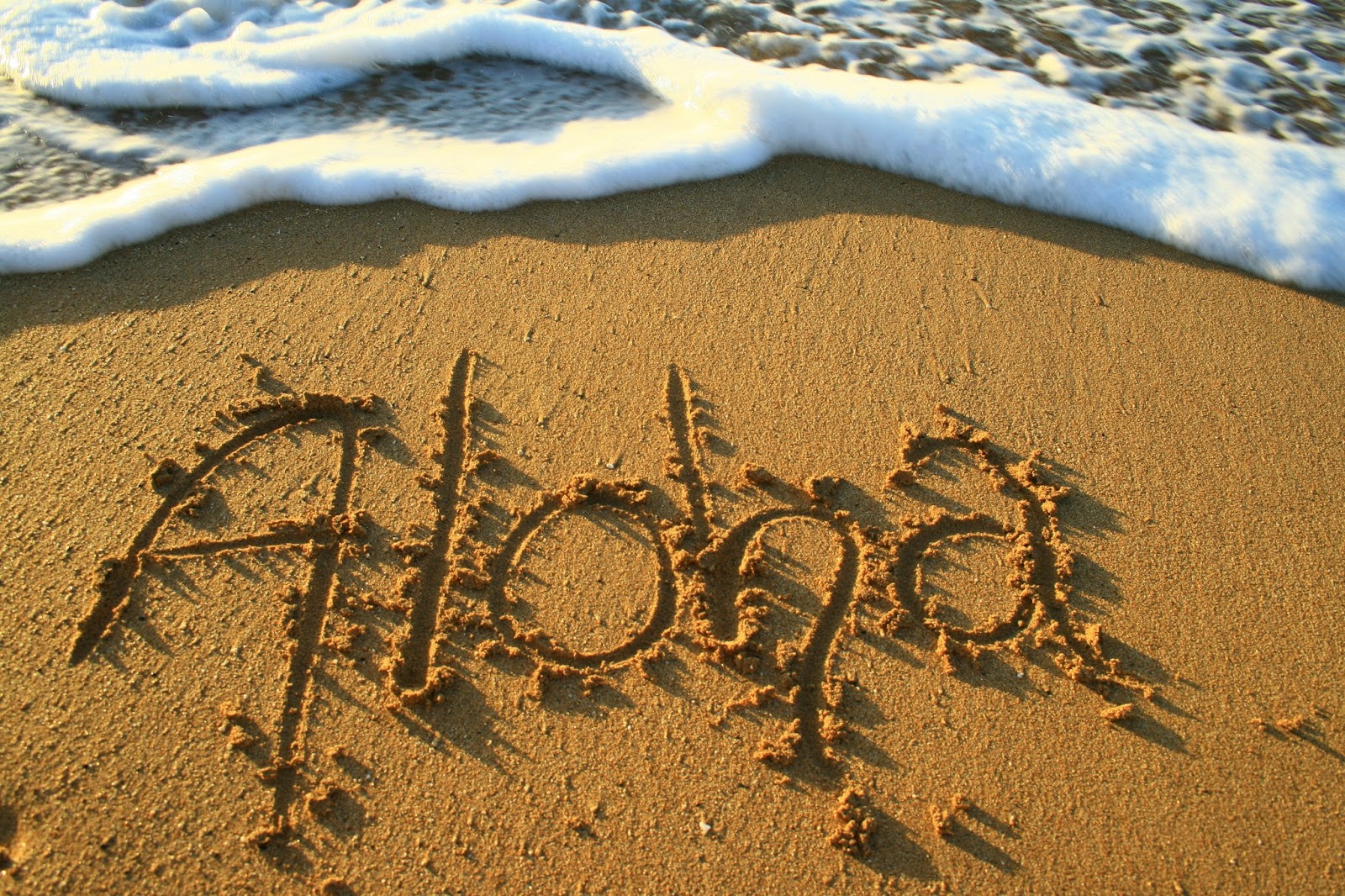Hawaiian is a beautiful and very expressive language. By taking the time to learn a few Hawaiian phrases, you can ensure that you understand what is being said and the deeper meanings behind the words.

Learn some of these common Hawaiian phrases so you can understand and use them properly on your Kauai vacation!
Aloha
One of the most well-known Hawaiian phrases is Aloha. Most visitors from the mainland are familiar with this term before they arrive in Kauai. However, you may want to know more about the full meaning that the word conveys.
In its simplest terms, Aloha is a phrase that is used as both a greeting and a goodbye, though it is not a literal translation of either word. At its core, Aloha is a phrase that embodies the entire way of life on the islands. To live with love in your heart, in a peaceful state with compassion for all – that is Aloha.
When you embrace the feeling of Aloha, you may be moved to spread the spirit of the islands to everyone around you. Hawaiians believe that when you have the Aloha Spirit in you and share it with the world, that love and acceptance will be returned to you over and over again.
Mahalo
Along with Aloha, Mahalo is one of the most powerful words in the Hawaiian language. In everyday conversation, it is used similar to the English phrase “thank you,” yet again it has a much deeper meaning than that simple definition implies.
In Hawaiian, Mahalo is a blessing and should be used when you are truly thankful in your heart for what you have received. To feel Mahalo towards someone is to feel deep respect for them and what they have done for you. Mahalo is to recognize that every day is a gift and that the people and places we share them with are what makes living in Hawaii so special.
Makai and Mauka
If you ask someone for directions in Kauai, you may hear them use the terms Makai or Mauka to indicate on which side of the road a place is located. Mauka means on the mountainside of the road, and Makai means on the ocean side of the road.
You will find that these terms are much more useful than “right side” or “left side” when navigating Kauai’s winding roads. No matter which direction you are facing, Makai will always be towards the ocean, and Mauka will always be toward the mountain. Easy!
Pau Hana
Pau Hana is a phrase that literally translates to “finished work.” It is used to describe the end of the work day, especially on Aloha Friday when Hawaiians typically leave work a little early. It is a time to gather with friends and family to eat, drink and celebrate while Enjoying the beautiful sunsets for which we are known.
Kane, Wahine and Keiki
These are the Hawaiian words for man, woman, and child, respectively. In many establishments, you may see the restrooms labeled with Kane (Men) and Wahine (Women). Likewise, you may see playgrounds, kid’s menus and activities geared towards children labeled with the word Keiki.
Kapu
If you come across a sign reading Kapu on your adventures in Kauai, treat it as you would a “no trespassing” notice. Meaning taboo, forbidden, or sacred, Kapu originally referred to the strict set of ancient rules that governed all aspects of life in Hawaii.
There are many types of sites on Kauai that are Kapu: ancestral burial grounds, sites reserved for religious ceremonies, and private property not open to the public. Please be sure to respect these areas with the reverence they deserve.
